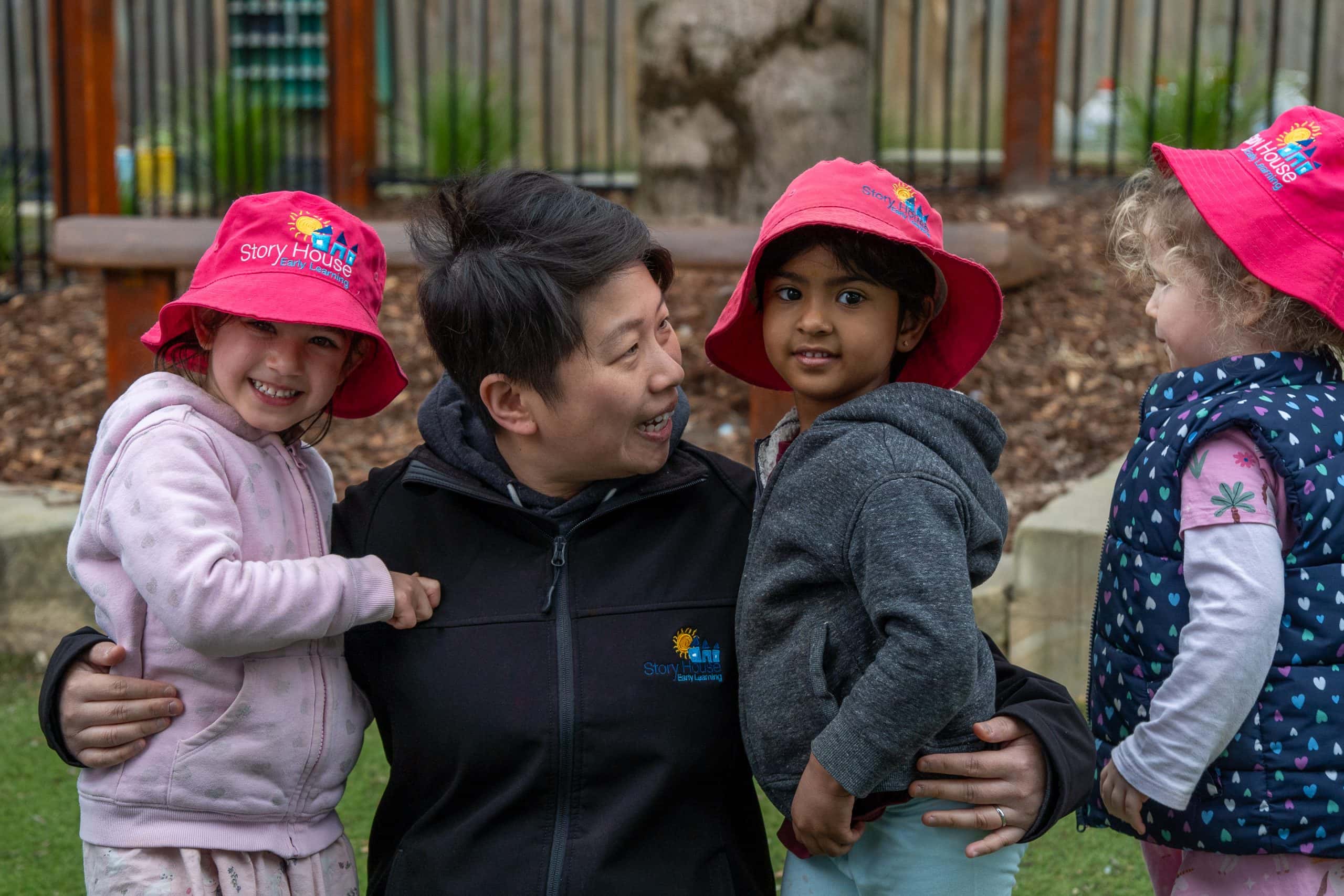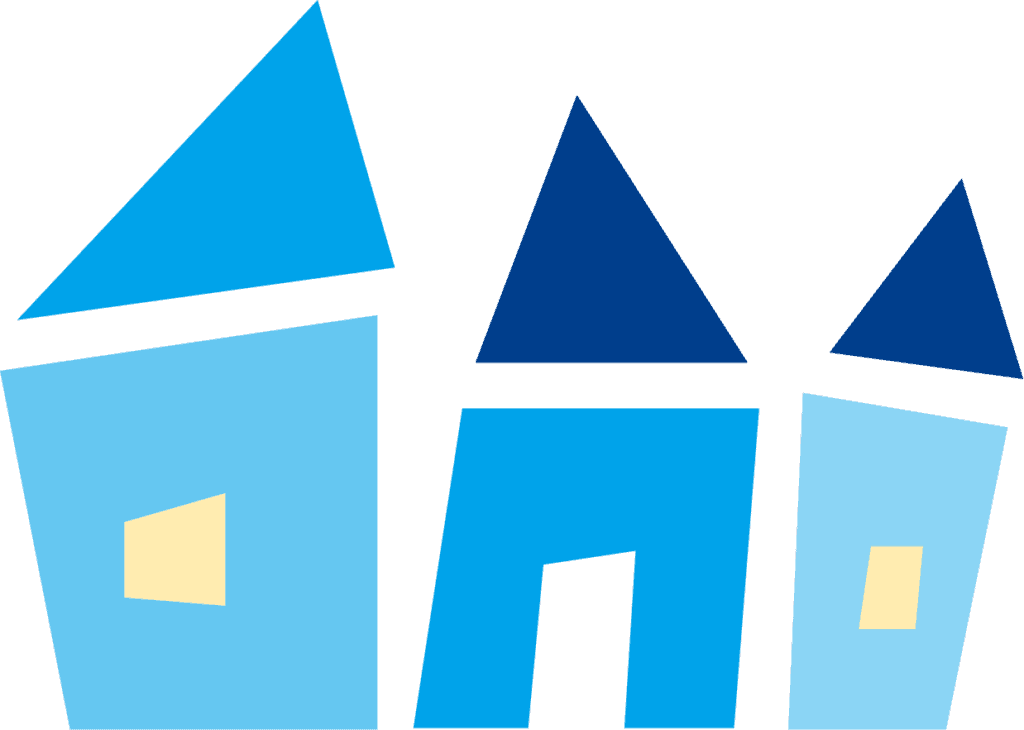As parents, the concept of “school readiness” is frequently discussed, but what does it truly encompass? School readiness is not merely a checklist of skills or knowledge that children must possess before they enter formal school; it is a multifaceted concept that encompasses emotional, social, cognitive, and physical development. Understanding how to prepare for the next stage in life, going to school, is crucial for supporting children as they embark on this significant life transition. All Australia state-based Department of Education websites outline the below as important for children before entering the formal school system:
Cognitive Readiness – Cognitive readiness better known as thinking skills, refers to the mental skills that a child needs to begin their formal education. This includes:
- Mathematical skills, this is more than just counting, it is understanding space around me, recognising numbers out of order, understanding differences in quantities, and being able to look at and respond to measurements, for example, that person is taller than the fence.
- Problem-solving- this is a process where children can identify an issue and then respond by deciding that they can act on it.
- Executive functioning skills, this is the ability to recall memory or transfer skills from one aspect of learning to another.
Language and Literacy Development: involves vocabulary development, understanding simple instructions, and the ability to engage in two-way conversations. Literacy is about understanding that text has meaning and how to use text in everyday life.
Emotional preparedness is often overlooked but is equally important. This includes
- self-regulation, which is the ability to manage one’s emotions and behaviours is vital in a school setting where group dynamics and authority figures play a significant role. Learning how to deal with frustration, disappointment, and social interactions is essential for a smooth transition into school life.
- Independence is the key to being able to perform tasks on their own, such as dressing, washing hands, toileting, packing their lunch box or bag or following multi-step directions. This independence fosters confidence.
Social interactions are when a child can understand the concepts and processes of taking turns and appropriately engaging in conversations, these contribute to being able to develop relationships in school. Children thrive in environments where they can interact with peers. Social readiness includes:
- Understanding social norms, and familiarity with basic rules and dynamics of social interaction, such as understanding when to speak or listen, sets children up for success with their peers and teachers.
- Empathy is being able to understand and respond to the feelings of others is crucial in creating a supportive and cooperative classroom environment.
Physical development plays a significant role in school success. This includes both large and fine motor skills:
- Large motor skills such as carrying the school bag, running, jumping, and climbing contribute to a child’s coordination and physical confidence, which are critical for participating in group activities and playtime.
- Fine motor skills such as holding a pencil, cutting with scissors, and manipulating small objects help children engage in educational activities that require dexterity.
Does my child have the skills to be successful when transitioning to school?
It is important to note that every child is unique and may develop at their own pace. A Story House teacher uses the mandated national Early Years Learning Framework and state-based curriculums to help guide you and your child through Story House’s Pathways to School programs. This program is completed as part of the curriculum in the class before the school year and includes learning such as independence skills, social engagement, and emotional regulations as well as nutrition through our lunch box learning program.
The following list outlines guidance and some specific areas that may be considered in determining if your child is prepared and able to step into the next stage in their life, going to school
- Your child’s ability to regulate their emotions, make friends, and follow rules and routines.
- Language and communication include their ability to understand and use language, express themselves, and listen and respond to others.
- Physical skills are when your child’s ability to control small movements with their fingers (fine motor skills) and larger movements with their body (large motor skills).
- Your child’s ability to solve problems, think creatively, follow 4-step instructions understand and remember new information, therefore having the ability to think and solve problems.
- Your child knows how to use the bathroom independently, including washing their hands?
- Dressing themselves by putting on and taking off their jacket, shoes, and other clothing items?
- Holding a pencil or crayon and making basic marks on paper?
- Does your child have some basic social skills, such as taking turns and sharing with others?
- Can your child follow simple instructions and routines?
- Does your child have some basic self-care skills, such as feeding themselves and brushing their teeth?
- Can your child separate from you and feel comfortable in an unfamiliar environment?
Story House’s STRONG Beginnings curriculum is designed to ensure your child’s future learning has a STRONG foundation for school and life.


